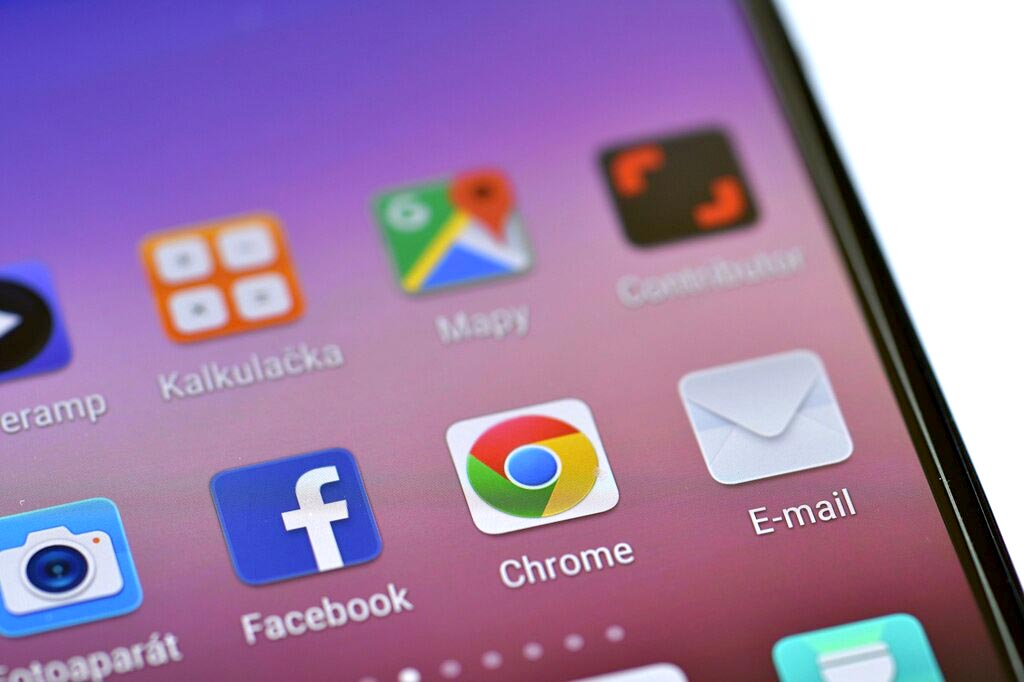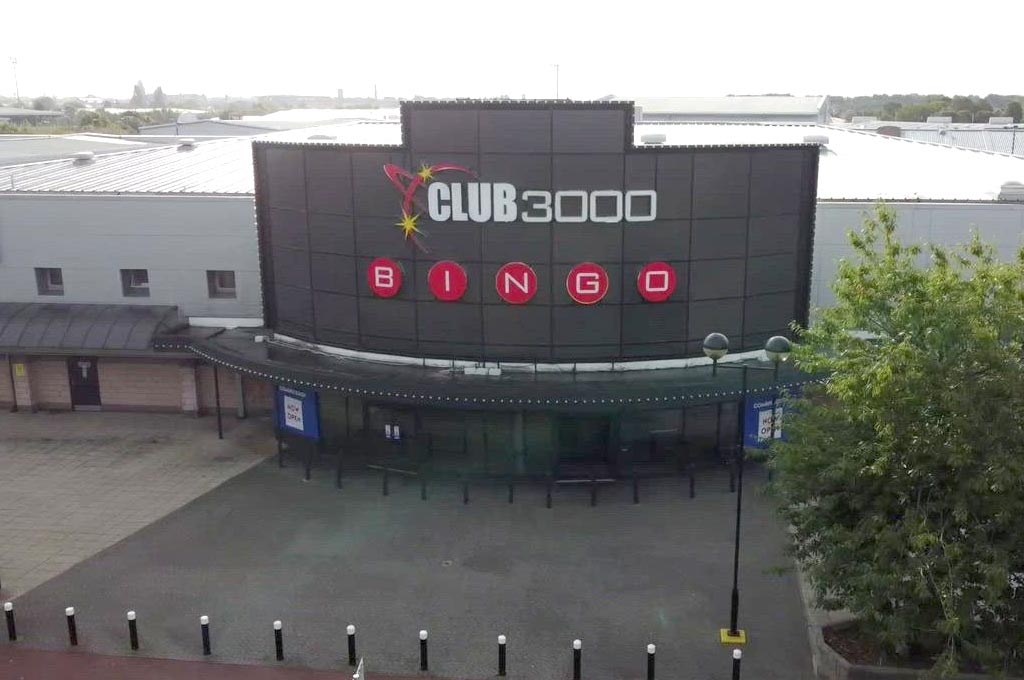Bingo is a classic game. They play for the enjoyment, for the companionship and for the excitement of a win. But like most games where cash and prizes are involved, there are always a few bad apples eager to bend the rules. Throughout the years, bingo has seen its fair share of scandals, including cheating. Some of these names were clever, some downright outrageous, but all of them have left an indelible mark on the world of bingo. In this post, we will examine some of the largest bingo cheating scandals in history, along with the criminals behind them.
This is the United Kingdom 2017 bingo software hack
One of the most audacious online bingo cheating scams, rocked the UK, in 2017. Several players managed to hack a popular online bingo page. They did not resort to brute force or advanced hacking tools. Rather, they took advantage of a loophole in the system, using software that could automatically check off winning numbers for them. The software was fast, leaving regular players with little hope of competing.
Some players just seemed really lucky at first. They hit jackpot after jackpot, with no indication of slowing down. But the website’s security team eventually took notice of the unusual patterns. Closer scrutiny revealed that these players weren’t merely good at bingo — they had an inside track. The cheaters had equipped their software to scan the game and find winning numbers ahead of everyone else.
The site responded quickly. The players were banned, their profits cancelled and refunds issued to the affected users. Many online bingo sites were woken up by this scandal. It stressed the need to improve security and make sure cheats weren’t the ones who had the edge. In response, the website strengthened its security systems, placing even tighter controls to prevent similar hacks of its software in future.
The “Bingo Ringer” Scam (2015)
In 2015, a scheme plaguing the US that could have been ripped from a heist movie. A small group of players raised the bar on the concept of “bingo ringer.” This wasn’t a household-cards-leading-dinary card-marking trick — this was a whole team effort based on deception and a little well-orchestrated grift.
Here was the how it worked: the players would purchase multiple bingo cards and then count on an accomplice in the hall to clandestinely mark them. The accomplice would sit far enough away not to raise suspicion, but close enough to see the cards being played. The secret to the scam was to be discreet and to never let the bingo hall staff get wise.
All of that worked like clockwork until one day someone got sloppy. Several players found themselves accidentally exposing a marked card to another player. This raised a few eyebrows, and soon enough the staff started looking into it. After analyzing footage from the cameras, it was determined that something was amiss. The staff caught the group in the act and they were banned from the hall for life.
The “Bingo Ringer” fraud was not just a wake-up call for the players concerned. It also led bingo halls to reconsider their own practices for monitoring and supervision of cards. Lots of houses started installing better surveillance systems and tightened up rules on players sitting too near one another. This was a relatively simple scam, but it illustrated how far some will bend the rules.
The Bot Scandal (2016)
When you hear cheating in bingo, you don’t envision robots who play bingo. But that’s just what happened in 2016. A couple of smart crooks wrote a program — a bot, really — that could play three bingo games simultaneously. These bots weren’t passive, they were engaging and winning jackpots.
The fraudsters behind this bot scandal formed an organised group. They deployed bots to play thousands of bingo games simultaneously, marking off the cards and calling out bingo faster than any human being could. For some period, nobody suspected a thing, as the bot could imitate human behaviour at a pretty high level. But when these unusual winning streaks continued, they drew the attention of the bingo website’s security team.
The site opened an investigation and discovered the fraud. Within a few weeks the cheaters were banned, and the site made changes so that a repeat wouldn’t happen. Stricter systems to identify bots were developed following the incident, as were widespread changes to security protocols across online bingo sites. Websites today apply sophisticated algorithms to identify traces that the bots might leave behind, which leave little to no chance for fraudsters to successfully use automated systems.
The Inside Job: A Staff Member’s Deceptive Scheme (2013)
Some of the biggest cheats at a bingo game aren’t sitting at the table — they’re working behind the scenes. An insider job at a bingo hall in Britain made the news in 2013. Bingo Hall Staff Member Was Caught Changing Numbers It wasn’t a situation where a one-off error was made, it was a premeditated scheme by individuals to influence the bingo draws in their favour.
The staff member had access to the bingo machine, and they exploited this access to their benefit. They had predicted when some celebrities would win, by manipulating number calls. It enabled them to funnel the large prizes to those players who were complicit in the fraud. It was like a secret operation, except it wasn’t so secret very long. Other players started noticing the odd winning patterns, and numerous complaints poured in.
When the bingo hall did some digging, it discovered that the staff member had been acting in cahoots with a group of regular customers. They were rigging the game to enhance their chances of winning. The scammers were banned from the venue and the staff member was terminated. The bingo hall scrambled to manage the fallout and re-evaluate its internal security. Today, bingo halls implement added safeguards to ensure that all staff members are prevented from manipulating games, while increased oversight is the standard.
The UK Bingo Hall Lottery Ticket Scam (2010)
A well-known UK bingo hall was left engulfed by a 2010 scam involving fake lottery-style tickets. These weren’t just any old bingo cards; they were tickets that could be redeemed for more prizes. The criminals behind the scheme produced counterfeit tickets, which they would then show to employees to collect prizes they didn’t win.
The scammers were tricky to cover their traces, redeeming the fakes at precisely the right time not to raise suspicion. The ruse went on for weeks before the staff of the bingo hall caught wind. There were other counterfeit tickets turned in, and all were from the same set of players. When staff investigated, they discovered the tickets were cheap forgeries.
It received quite a big shoopy as this freeware shovel, this dude not only affected the prize fund of the bingo hall but also injured its image. The implicated players were banned, and the bingo hall implemented new procedures to confirm the legitimacy of tickets and claims. This has included applying more stringent checks on ticket purchases and prize claims, making it significantly more difficult for fraudsters to perpetrate these types of scams.
The Invisible Ink Scandal (2008)
A notably sneaky method to cheat bubbled up in 2008 at a bingo hall in Las Vegas. A group of crooks had marked certain bingo cards with invisible ink pens before the game even started. The ink was invisible to the human eye but visible under UV light. This enabled them to quietly engrave the winning numbers ahead of time, which gave them a great advantage over the remaining players.
It was a clever scheme, but it was, like many cheating schemes, based on the assumption that no one was paying attention. Their luck ran out however, when one of the cheaters made a minor error which exposed their marked card. The bingo hall staff immediately noticed something was up, and upon checking the security footage, they discovered the invisible ink con. Though the cheaters were discovered and barred from participating again, the case unveiled serious deficiencies in the security surrounding bingo cards.
Today, bingo halls employ special scanners and lighting to make sure that invisible ink or other tampering tricks won’t work. The incident prompted bingo operators to get a wake-up call and thereby enhanced the security of the cards, so everybody would then be able to play fairly.
How Cheaters Get Caught
So how do bingo operators catch cheaters? It’s not always simple, but most bingo halls and websites these days have multiple ways to catch fraudsters. In physical bingo halls, it is an obvious tool — surveillance cameras. Staff are trained to identify suspicious behaviour, including players spending too much time looking at their cards or appearing unusually calm when winning big.
Online bingo does not rely on a physical setup but rather software that helps track the actions of gamers. They see data on things like how fast a player crosses numbers off their card, or if there’s an unusual streak in wins. Most online bingo sites also employ random number generators (RNGs) to ensure that the games are as fair as possible when they are played. If something doesn’t look right, like a player winning too frequently, or winning at odd periods, the software can flag them for further investigation.
Conclusion
There are all kinds of bingo cheats. Some employ technology to obtain an edge, others turn to old-school ruses and inside information. But one thing seems clear: cheating is a serious issue in the bingo world, and those who don’t play by the rules don’t get away with it for very long.
But the good news is that bingo operators are constantly working on enhancements to their security to stay ahead of the crooks. The industry is doing its utmost to ensure that bingo remains fair for everyone, whether through improved surveillance, more sophisticated technology, or stricter rules on ticket validation.
Bingo is always going to be a game of chance, which is what makes it fun. But for those who attempt to game the system, it’s just a matter of time before they’re caught. And when they do, the bingo universe will see to it that they’re banned for life.






